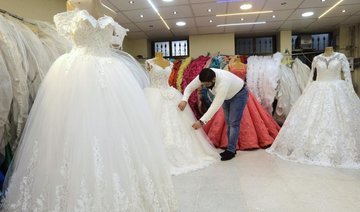LONDON: Informal advertisements for “affordable Syrian brides” have been circulating on Iraqi social media platforms in recent months, several of them perpetuating tropes about Syrian women with lines like: “Marry a Syrian woman for $100 and enjoy delectable dishes and an endearing dialect.”
The controversial posts, which have drawn local media attention, are captioned as though they are advertising chattel. One reads: “You can hear to’borni (a Syrian term of endearment) at home for as little as 500,000 dinars” — the equivalent of $380.
Men promoting the trend lament the exorbitant mahrs requested by Iraqi women, often ranging from $10,000 to $20,000, locals told Arab News. On top of this, they say, prospective Iraqi brides will also often request property, expensive jewelry and cars.
Mahr is a mandatory gift from a groom to his bride in Muslim societies as a form of security and respect, often with legal significance in marriage contracts.
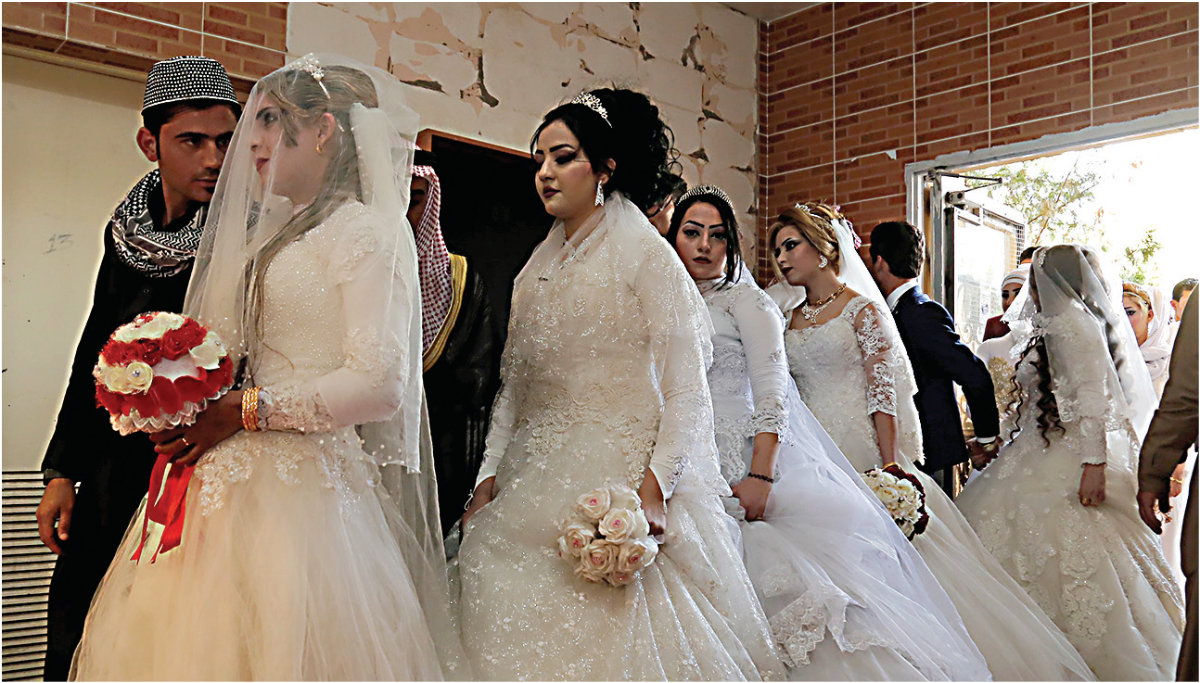
Grooms and Syrian Kurdish brides during a mass wedding ceremony organized by the Barzani Charity Foundation in Irbil, Iraqi Kurdistan. File photo for illustrative purpose only. (Anadolu Agency/Getty Images)
The sheer volume of online posts, especially on the video platform TikTok, suggests the trend is genuine. Commentators have expressed outrage at the posts, finding the rhetoric demeaning to both Syrian and Iraqi women.
More than a decade of violence, displacement, economic hardship and uncertainty has already chipped away at Syrian women’s dignity. Now, in neighboring countries where they have sought safety and economic security, they endure a form of commodification.
Many Syrian women, finding themselves as the sole breadwinners for their families, have sought employment in neighboring states, including Iraq, as the economic situation worsens in their home country.
Faced with the harsh reality of being a single woman alone in a conservative society and in countries where the law offers limited protection, some have agreed to marry locals for meager mahrs, if any at all.
Sattam Jadaan Al-Dandah, Syria’s ambassador to Iraq, revealed in January that in 2023 alone, some 5,000 marriages between Syrian women and Iraqi men had been documented.
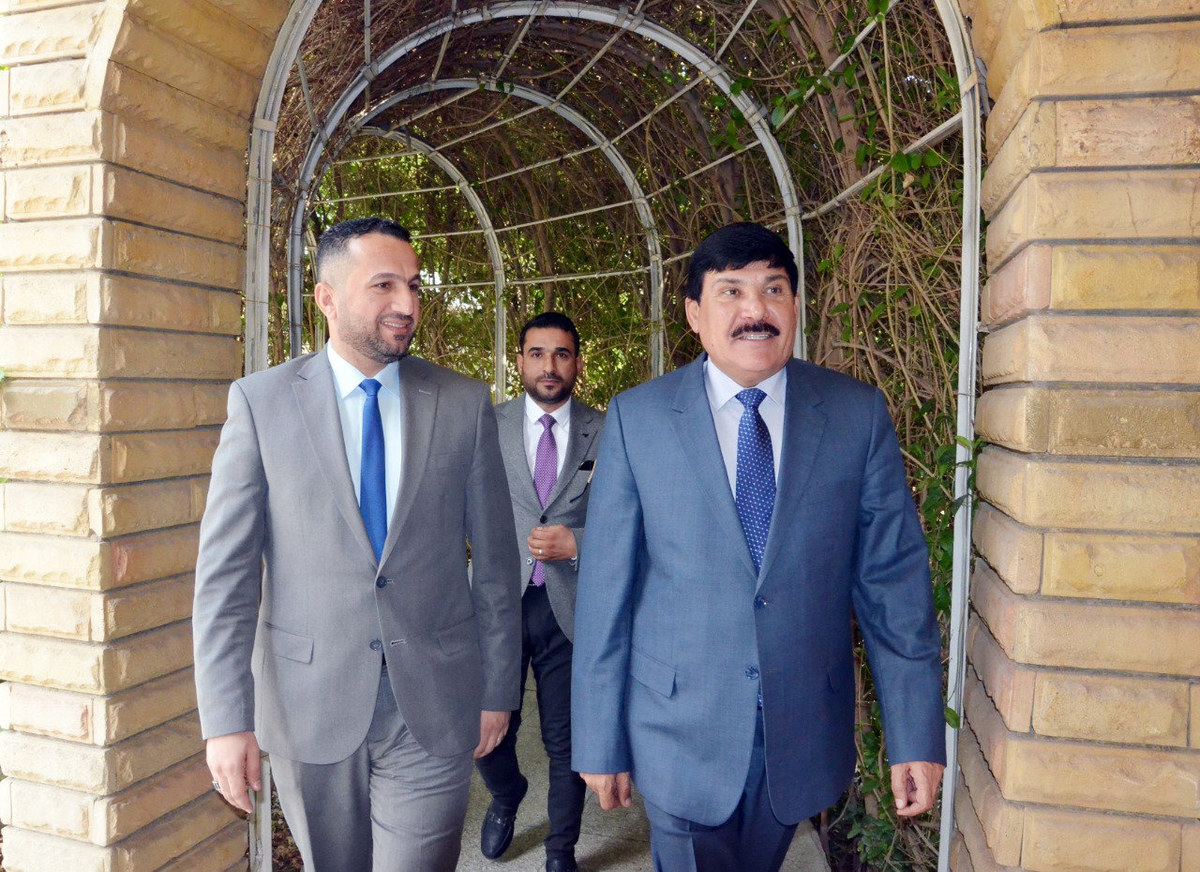
Syria’s ambassador to Iraq, Sattam Jadaan Al-Dandah, has confirmed the trend about Syrian refugee women being married to Iraqis. (Supplied)
According to the UN Development Programme’s Gender Inequality Index for 2024, Iraq is the fifth worst country in the world for women and girls despite many recent efforts to address gender inequality.
“Syrian women in countries like Iraq, where the law does not provide adequate protection, often find themselves exposed to harassment, exploitation and even trafficking,” Mouna Khaity, a UK-based Syrian feminist and researcher, told Arab News.
“The main reasons Syrian women are agreeing to such arrangements — many even seeking them — in almost all neighboring host countries are the need for protection and the desire to escape a deteriorating economic situation.”
Thirteen years of conflict and economic sanctions have plunged 90 percent of Syria’s population below the poverty line, creating a new social norm where families struggle to survive without women’s labor.
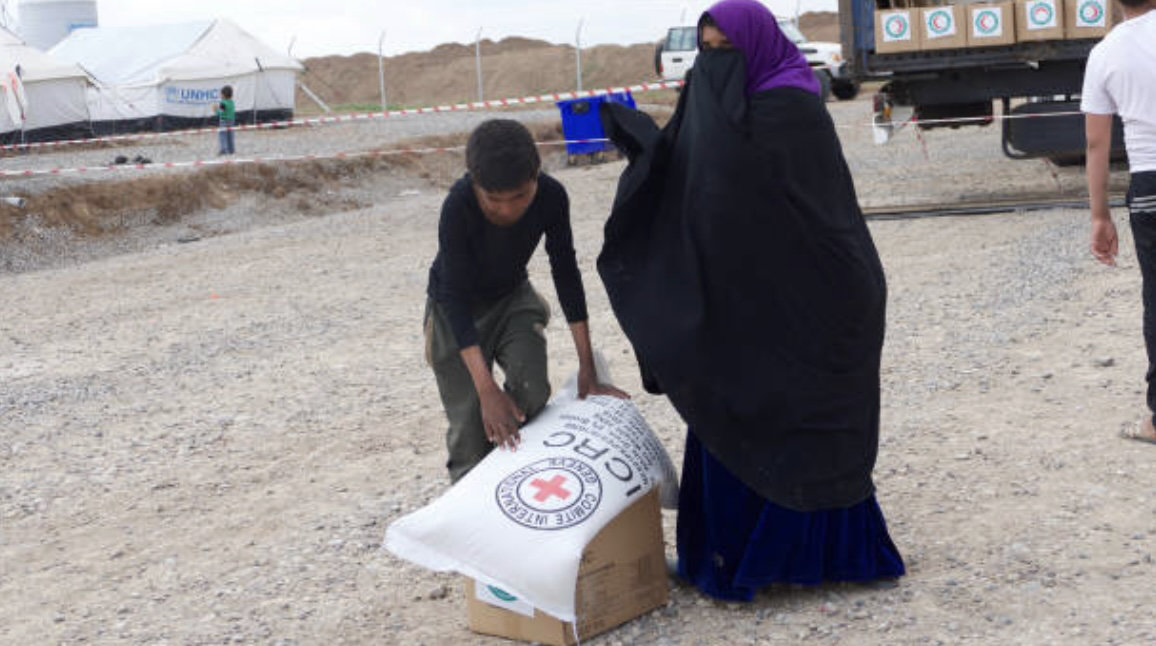
Many Syrian women have found themselves as the sole breadwinners for their families after years of war in their country. (AFP)
“Under relatively normal circumstances women and girls’ communities and families would provide a level of protection, even though this sometimes entails unwanted intervention or even control,” said Khaity.
The erosion of this protection due to displacement has left Syrian women and girls more vulnerable.
About 5.4 million Syrians live in five countries across the region — Turkiye, Lebanon, Jordan, Iraq and Egypt — with more than 70 percent of them being women, according to UN figures.
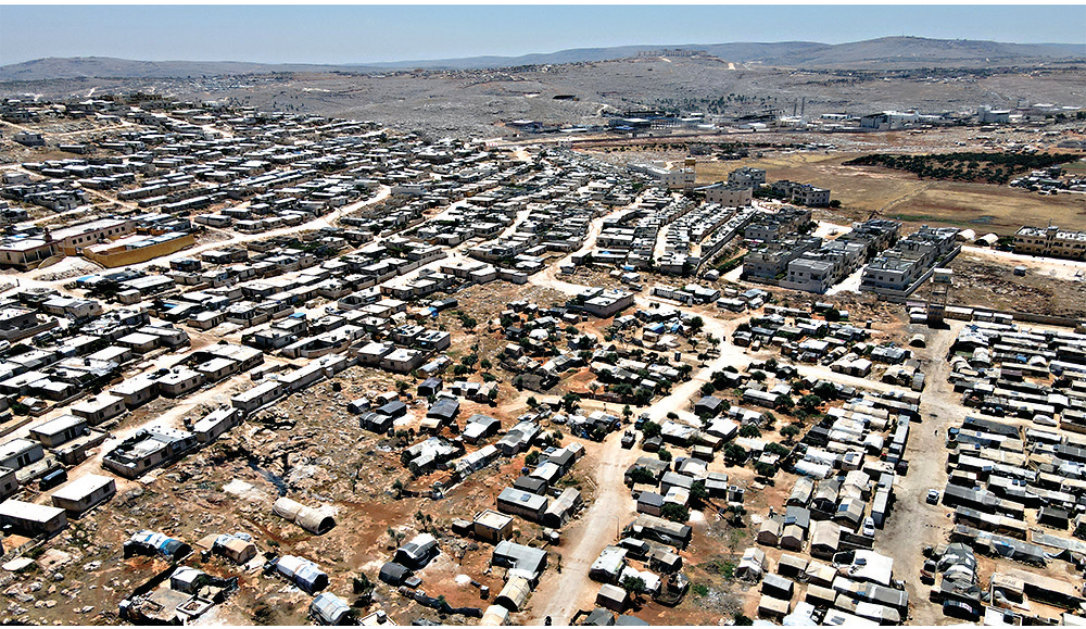
After 13 years of civil conflict, lack of international funding has severely undercut the provision of basic services such as water, waste disposal and sanitation in displacement camps in northwest Syria, according to the United Nations. (AFP)
“Women in need of protection will accept a lower mahr compared to women who live within the protection of their families in their home countries,” said Khaity.
However, a woman’s decision to pursue marriage for economic reasons “is often not a personal choice but a collective family decision, with women — even girls — being persuaded this is an opportunity for a better life.
“This is often seen in displacement camps, where women don’t even have the option to choose, and marriage to a local can be perceived as a convenient way to transform from a charity recipient to a dignified and protected woman.”
The Norwegian Refugee Council in 2016 reported an alarming increase in occurence of child marriages within Syrian refugee communities, with girls as young as 13 being married off.
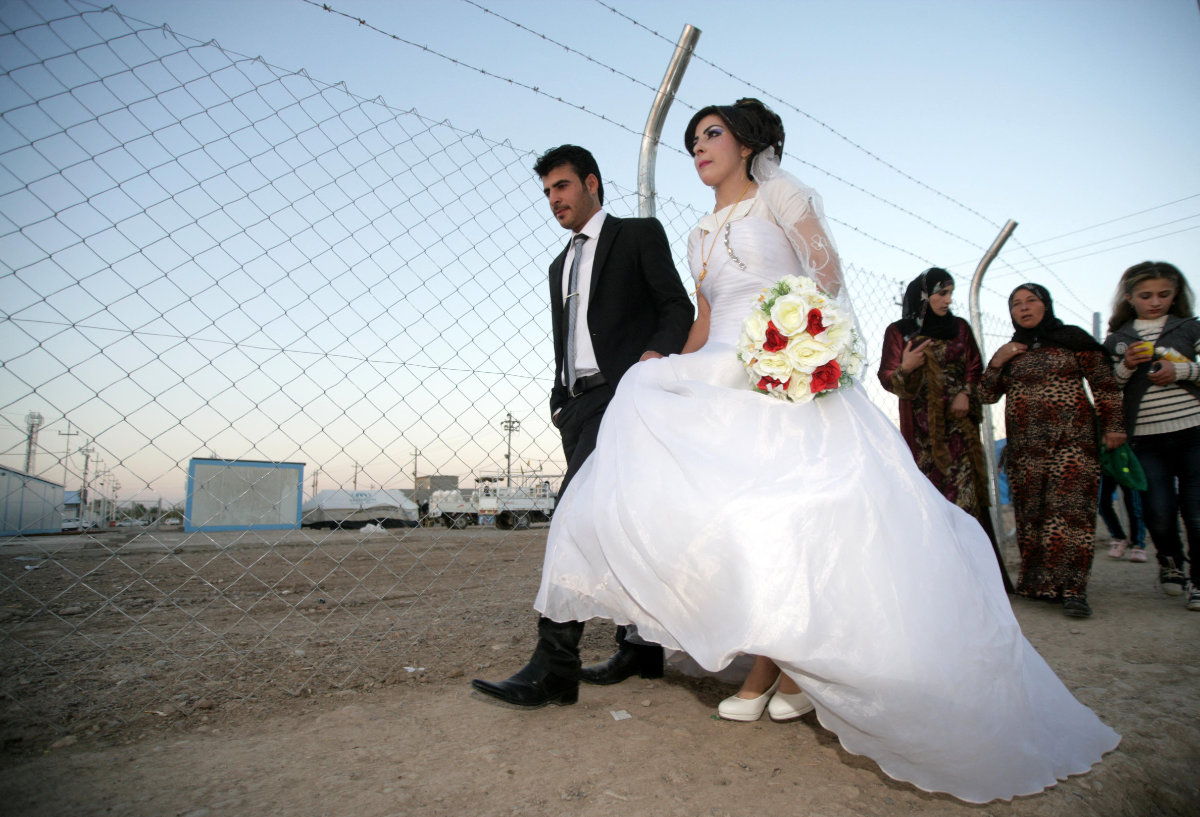
Grooms and Syrian Kurdish brides during a mass wedding ceremony organized by the Barzani Charity Foundation in Irbil, Iraqi Kurdistan. File photo for illustrative purpose only. (Anadolu Agency/Getty Images)
A 2023 report by American Near East Refugee Aid, an NGO that addresses the needs of refugees and vulnerable communities in Palestine, Lebanon and Jordan, found that 41 percent of Syrian refugee women aged 20 to 24 in Lebanon were married before turning 18.
Stressing that the situation has been created by “layers of discrimination and injustices,” Khaity said the blame for such marriages should not be placed solely on individuals or families, but on “entire systems” that have normalized the exploitation of Syrian women through a lack of accountability.
“Neighboring countries have not been seeking to integrate Syrian refugees, who are being excluded by local communities and exploited by politicians for economic benefits,” she said.
Deeply rooted gender-related economic inequalities have long disadvantaged women, and the war has only widened this gap, despite increasing the proportion of women who earn an income.
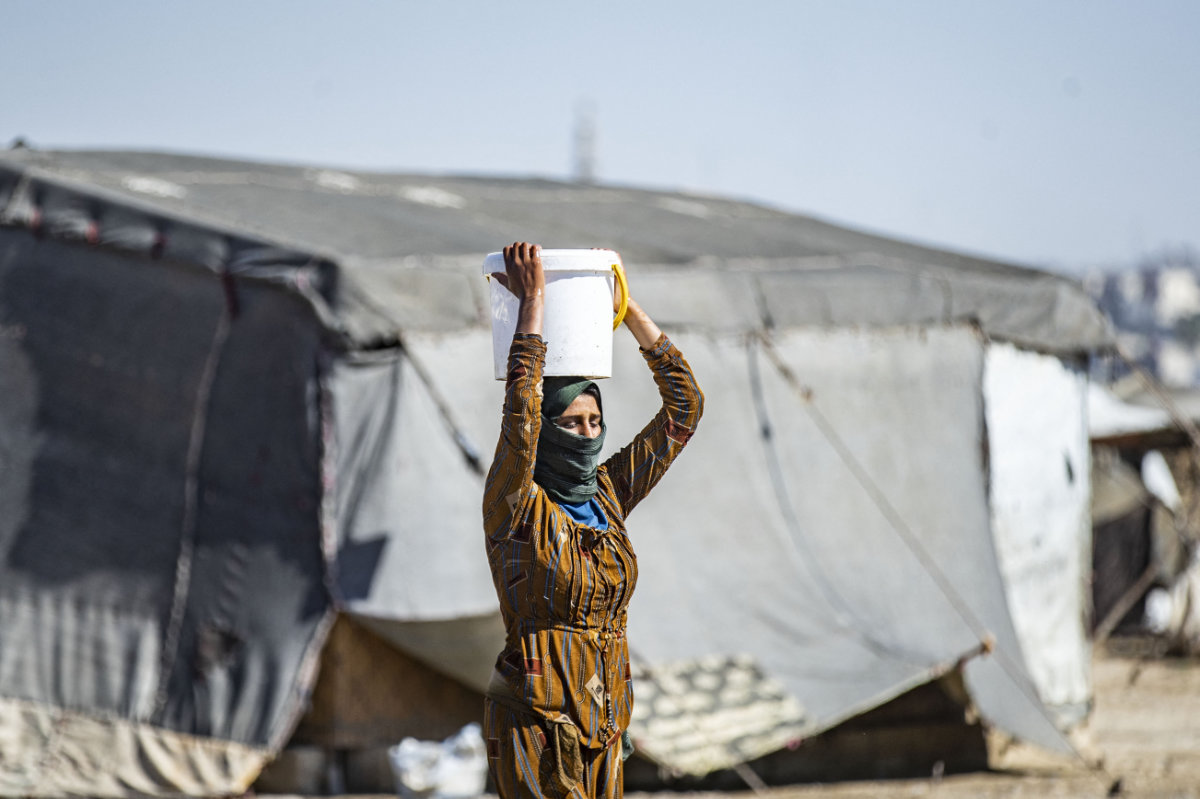
Many Syrian women have found themselves as the sole breadwinners for their families after years of war in their country. (AFP)
“Middle Eastern societies have historically accumulated wealth in men’s hands, forcing women to be largely dependent on men,” said Khaity, adding that this has been achieved through “political systems, social norms and religious institutions.”
“Obedience to husbands has often been linked to men’s financial superiority and dominance, and consequently women’s reliance on them. There are financial resources that women cannot access.”
She added: “The war has deepened inequities, impoverished the majority of the population, heightened women’s vulnerability and displaced millions — all of which has devastated Syrian society.
“Therefore, many Syrian women have sought marriages with locals in host countries as a means to protect themselves, and often their families too, from all kinds of indignities — particularly in societies that have shown them hostility.”
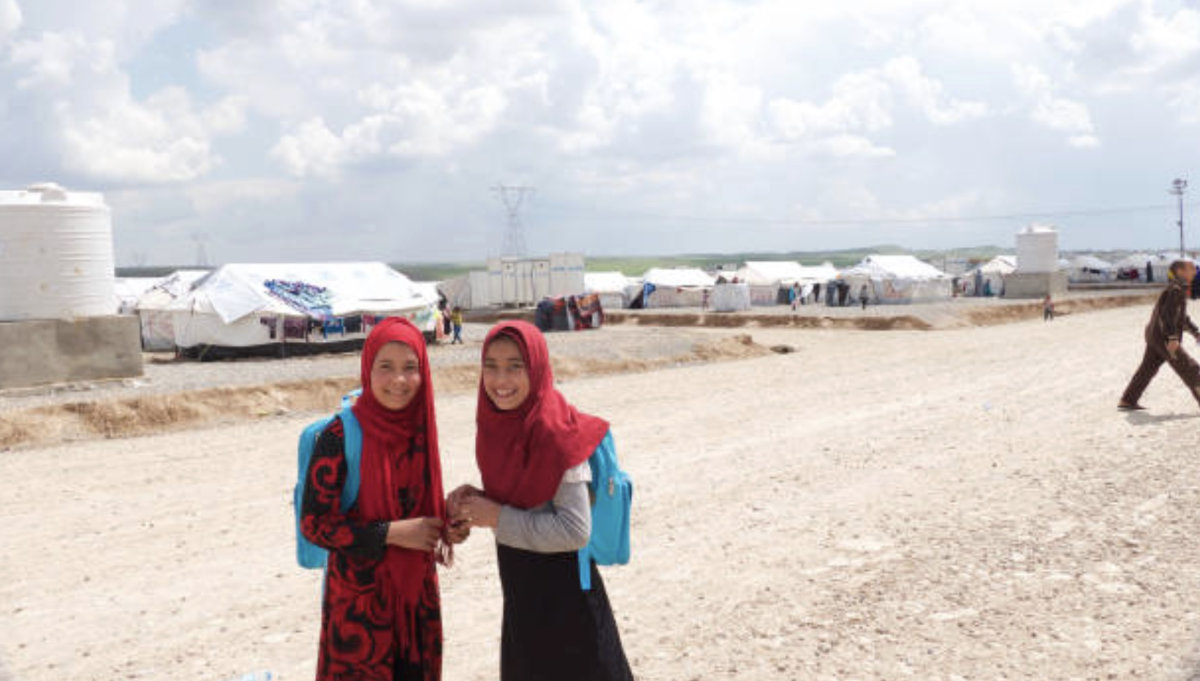
The erosion of this protection due to displacement has left Syrian women and girls more vulnerable. (AFP)
Since the outbreak of civil war in 2011, which forced millions to flee abroad, Syrians in Lebanon, Turkiye and Jordan have repeatedly encountered waves of violence and threats of deportation.
Douna Haj Ahmed, a UK-based Syrian human rights activist, believes this new status quo “has created a form of modern slavery where Syrian women are commodified and traded under the guise of marriage.”
She told Arab News that the marriage arrangements promoted on Iraqi social media “reduce women to mere objects for sale,” calling the phenomenon “a stark reminder of how conflict and poverty can lead to the resurgence of exploitative systems akin to slavery.”
She added: “Such exploitation is not only unethical but also profoundly inhumane. Marriage should be grounded in mutual respect and genuine affection, not in exploiting the more vulnerable party’s needs.”
Thirteen years of conflict and displacement have placed Syrian women in “a class of their own,” said Khaity. “There is tolerance for the dehumanization of Syrian women, who are now perceived as having fewer rights.”
Both activists also believe Syrian women have been commodified by deceptive TV dramas. Iraqi TikTok posts promoting marriage to Syrian women even feature clips from controversial Syrian programs portraying Damascene women as part of an obedient, attentive harem.
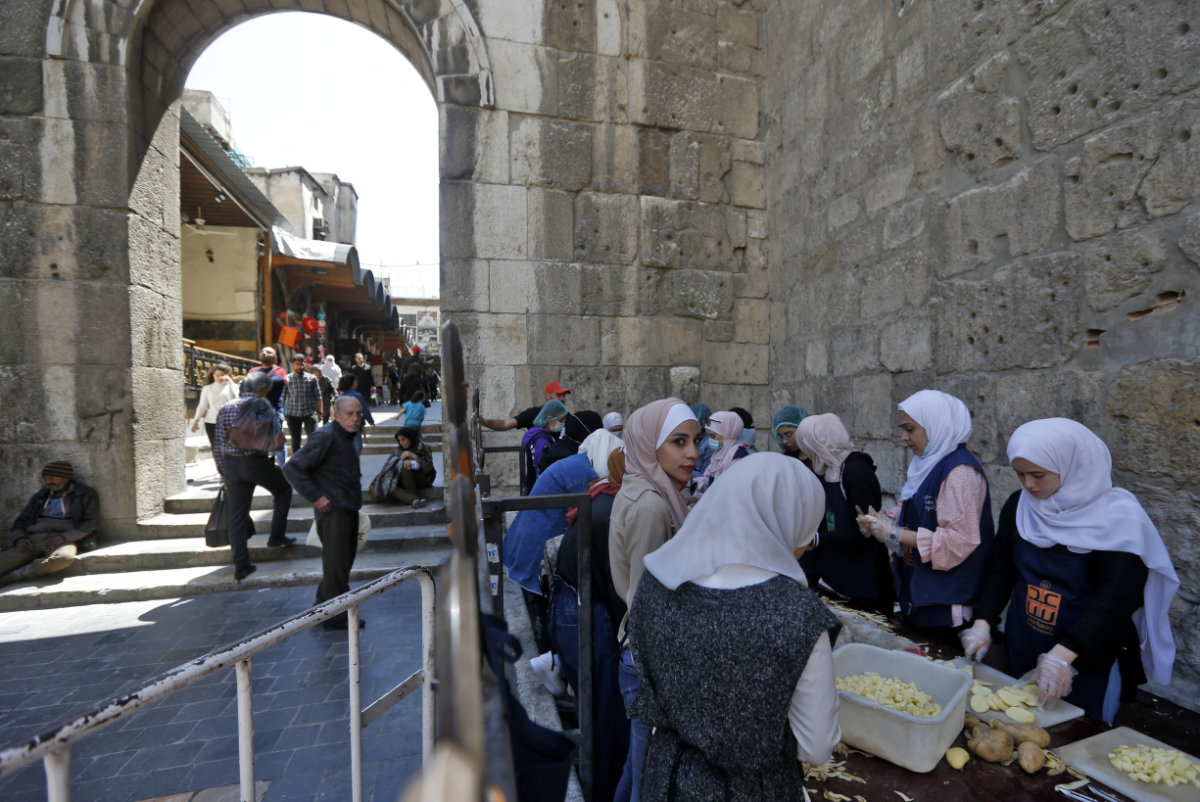
Syrian women had been portrayed in a popular drama series as the obedient servants to their husband, doing only domestic chores such as cooking and cleaning by day, and providing pleasuring by night. (AFP/File)
Khaity says the drama genre known in Syria as “Al-Bi’a Al-Shamiyeh” — or Damascene culture — has propagated an “untrue, historically inaccurate, and unfair image of Syrian women and their role in society.”
Since the 1990s, numerous Syrian dramas have portrayed Damascene women as ravishing beauties with an innate talent for cooking, household management and seduction. They scurry to attend to their husbands’ needs, rub their feet, shower them with affection, and even hand feed them.
The popularity of Syrian drama series across the Arabic-speaking world has played a significant role in creating and reinforcing such harmful stereotypes.
“For decades, Syrian drama has perpetuated an image of the Syrian woman as the obedient servant to her husband, whose life revolves around meeting his needs through cooking and cleaning by day, and pampering and pleasuring by night,” said Haj Ahmed.
“This negative portrayal has reinforced outdated and misleading ideas about women’s roles in Syrian society.”
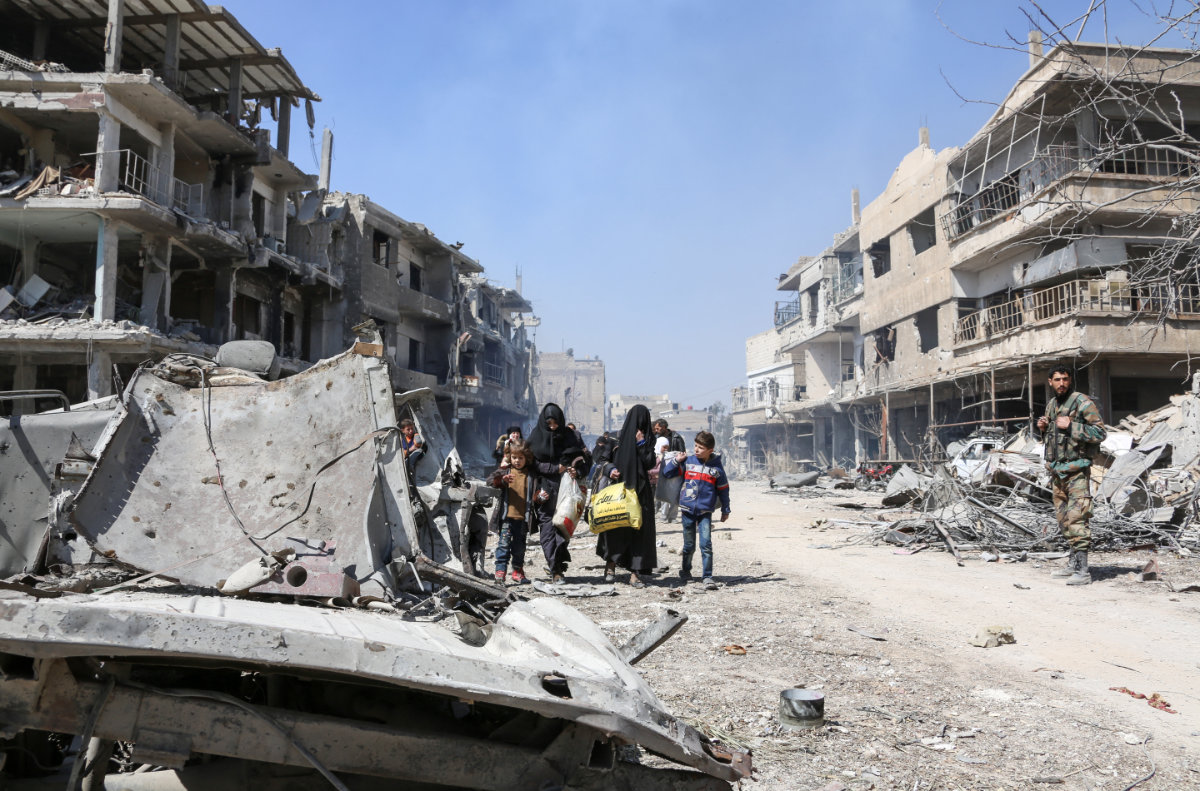
Syria's long-running war has rendered hundreds of thousands of women and children vulnerable to abuses. (AFP/File)
Haj Ahmed said that amid harsh economic circumstances, “many young men in Arab countries have seen the war in Syria as an opportunity to fulfill unhealthy desires for marriage.
“They have exploited the vulnerability of Syrian girls caused by war and poverty, forcing some Syrian families to make harsh compromises and accept any suitor for their daughters in a desperate bid to alleviate the family’s financial burden.”
She added that the social media trend promoting Syrian brides for $100 “goes beyond discrimination and hate speech” to “reflect the patriarchal mentality that objectifies women, particularly in times of war and disaster.
“This narrative confirms that women are among the first to suffer in such situations. What Syrian women are experiencing is a recurring scenario for women in all conflict zones.”






